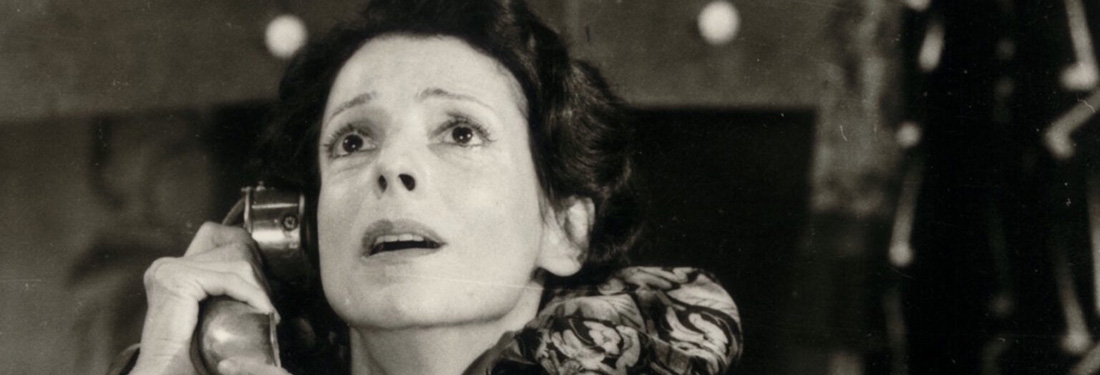
Irving Kolodin in The Saturday Review:
What Miss Callas has to work with is an organ made in the image of a sound in her ear which demands that it be flexible, far ranging, responsive to a wide variety of inflections and intensities. It is a common analogy to compare voices with instruments-the flute for coloratura; the trumpet for such a braying tenor the Tamagno; the French horn for the rich beauty and creamy smoothness of a Flagstad. In this orchestral gamut, Miss Callas strikes me as possessed of the clarinet timbre, with the same kind of reedy fullness (and a trace of its vibrato), brilliant on top, misty at the bottom, and with the glossy agility of the black woodwind. And she works on it like a woodwind player fingering invisible keys.
With or without consideration for the tensions that must have accompanied her first appearance in a theatre to which she has aspired for a full ten years, her composure in the opening “Casta Diva” was impressive. The sound was edgy and a little shrill in the first ascension, but the artistic purpose was deeper, even more communicative than in Chicago two years ago.
There have been greater performances of this showpiece for the simple reason that the bloom and freshness to give rolling ear appeal to its lovely melodic line is not in strongest supply with Callas. But in most of those instances, a beautiful performance of “Casta Diva” was the beginning and end of the singer’s suitability to “Norma.” With Callas it is emphatically only the beginning, expressive of one aspect (if an important one) of the character she is creating.
Here, of course, is the essence of what this artist is all about. Her fellow singers, all able ones, were giving performances of various degrees of vocal quality. She was creating a character as emphatically her own as Flagstad’s Alceste, or Lehmann’s Marschallin, or in another dimension Markova’s Giselle. It was something seen whole and consecutive from beginning to end. Reserved in its early aspects, infuriated in those that followed, and finally resigned to the self-sacrifice she must make to regain the esteem she has forfeited with her ill-starred love for Pollione, it finds a vocal tone to match the dramatic need in each mood. This is more than fine singing: it is dramatic portraiture of which the operatic stage has all too little.
On this day in 1787 Mozart’s Don Giovanni premiered in Prague.
Birthday anniversaries of tenors Jon Vickers (1926) and Franco Tagliavini (1934).
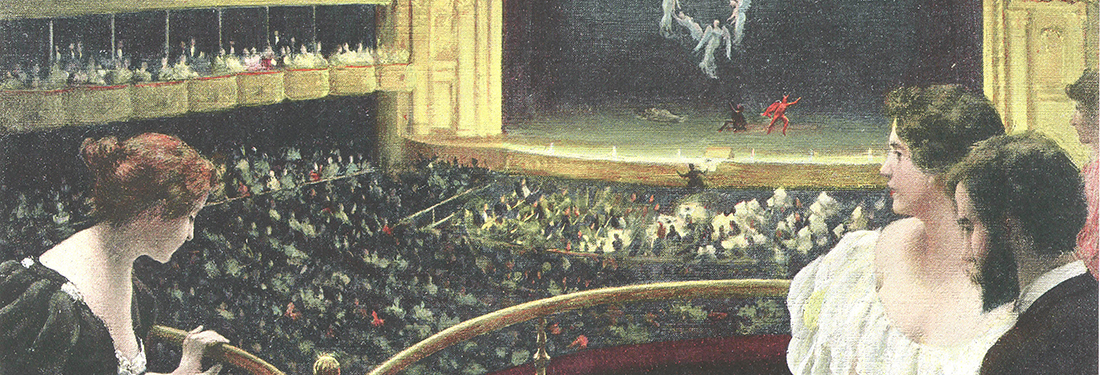
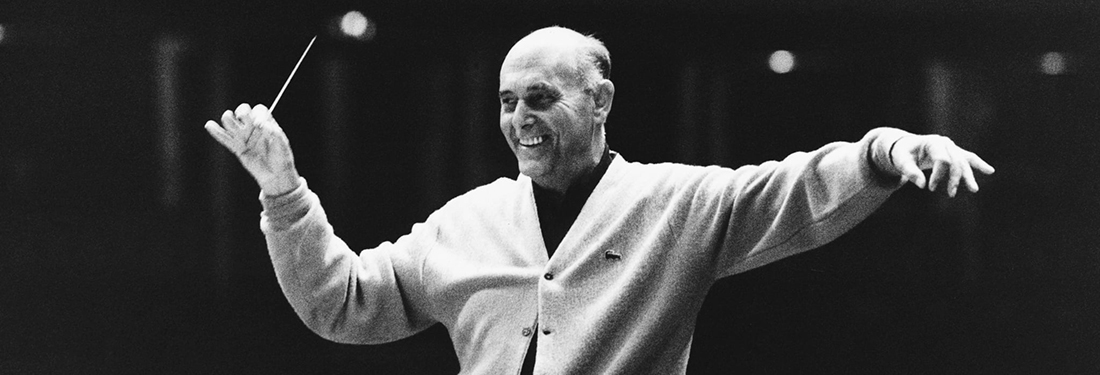

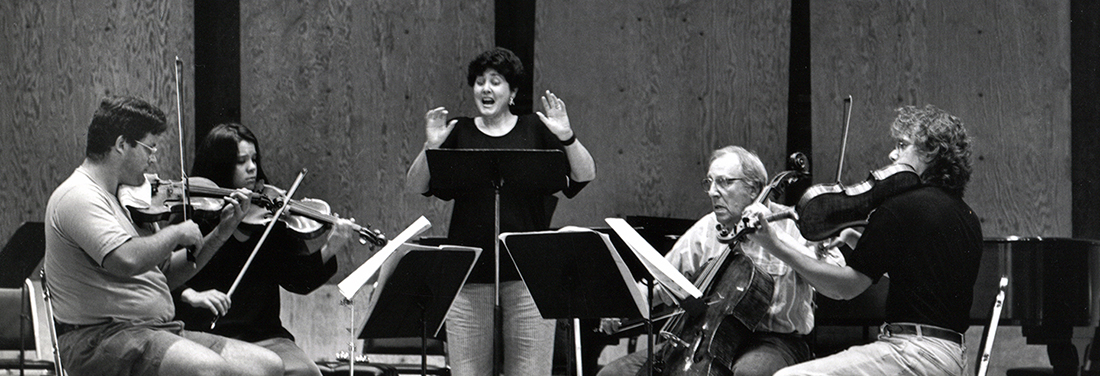
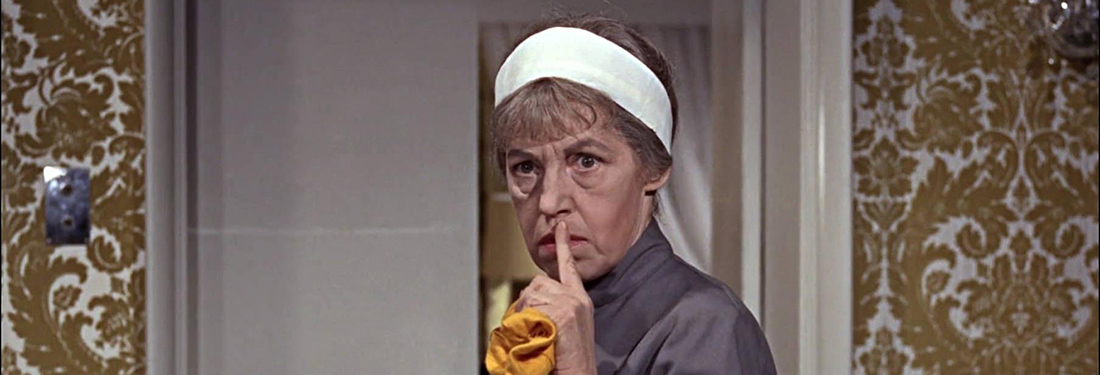

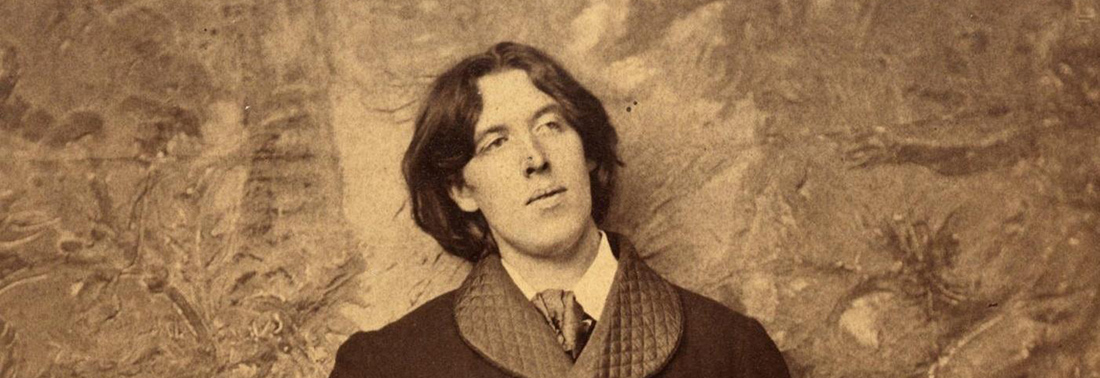

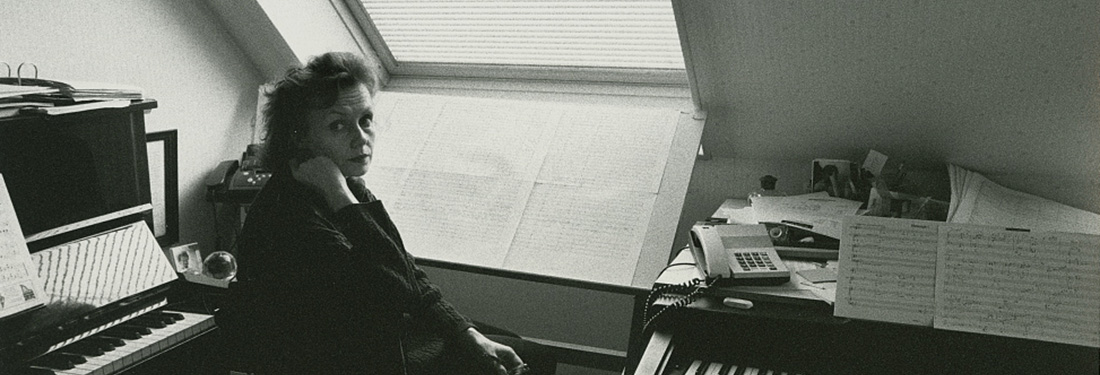
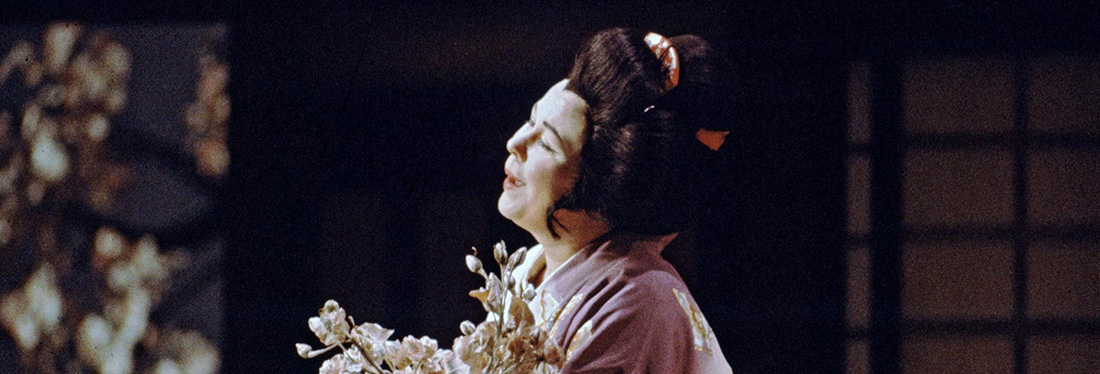

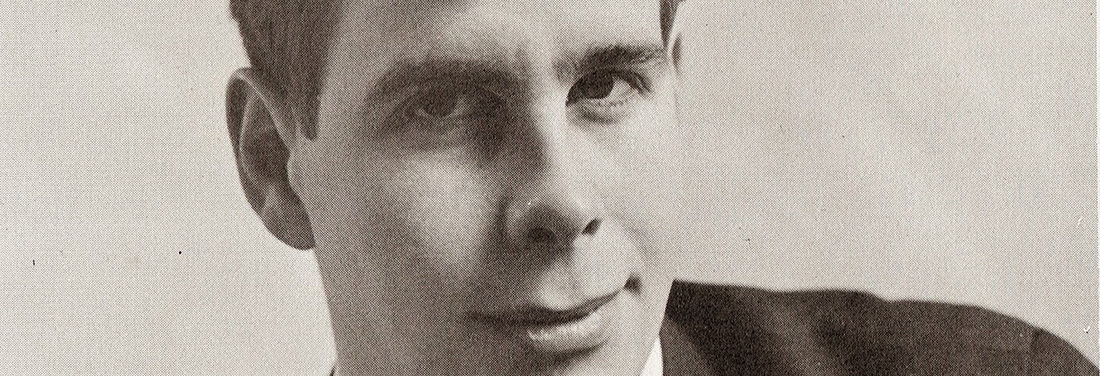
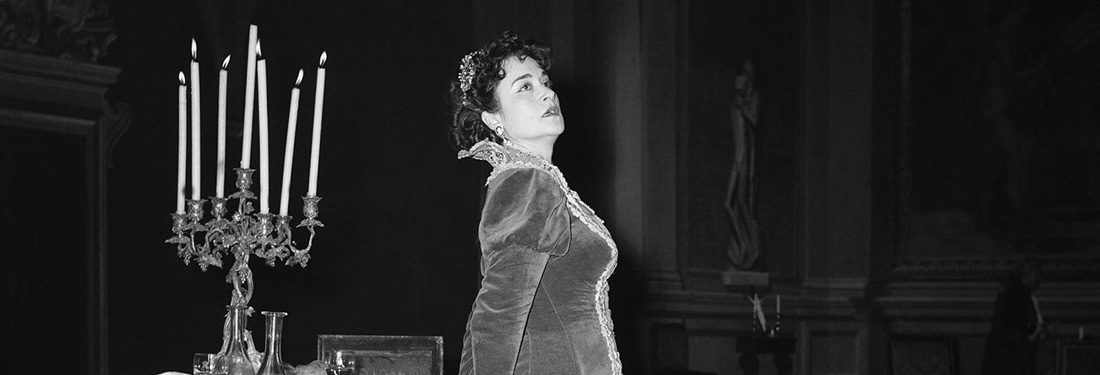

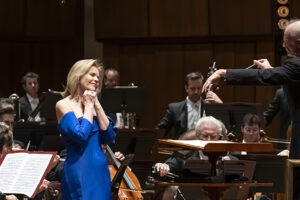

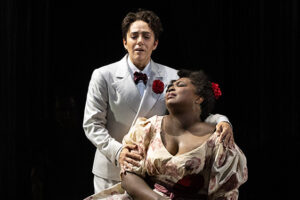







Comments